Emergency Dentistry – Brock, TX
Find Relief from Dental Pain Fast
You shouldn’t delay treatment for a tooth that has been broken or is suffering from severe pain. The situation will only grow worse over time, and what began as a small problem with a relatively simple solution could turn into a complex issue that ends up costing you the tooth altogether. Call Brock Family Dental right away as soon as a dental emergency strikes so that we can see you and your loved ones right away when you need our help the most.
Why Choose Brock Family Dental for Emergency Dentistry?
- Comprehensive Dental Care Under One Roof
- Available for Same Day Emergency Visits
- Gentle Team That Puts Service First
How to Handle Common Dental Emergencies

When you call our office, we can give you instructions for first aid to keep your mouth safe and comfortable before your visit. However, knowing from the beginning how to deal with certain dental emergencies can make a significant difference. There are many types of dental emergencies, some of which are caused by poor oral hygiene while others are the results of accidents. The tips below cover some of the most common emergencies.
Toothaches

Step one should be to floss around the affected tooth and see if there’s anything caught in your smile that can be removed. Then, if the pain remains afterwards, you can take an over-the-counter painkiller. Aspirin is not recommended since it might cause a burning sensation if it comes in direct contact with your teeth or gum tissue.
Chipped/Broken Tooth

If you notice bleeding, place clean gauze over the wound and apply pressure until it stops. Check to see if the gums are swollen and place a cold compress over the area as needed. Look around for any pieces of the tooth that have broken off and safely store them so that you can bring them to our office for your emergency appointment.
Knocked-Out Tooth
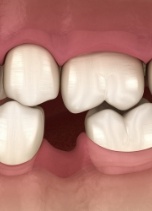
Try to arrive at our office within two hours once your tooth has been knocked out of your mouth. When you pick up the tooth, do not touch the root, as you might damage any cells still living on it. You can preserve the living root cells by either placing the tooth back in its socket or storing it in a secure container filled with milk or salt water.
Lost Filling/Crown
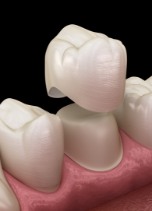
Losing a restoration often means that the pulp of the tooth will be exposed. As a result, the tooth will be quite sensitive; you may need to apply a small amount of clove oil for relief. It’s possible to reattach a crown with over-the-counter dental cement or toothpaste, although you’ll need a professional to provide a more permanent solution.
Head/Neck/Jaw Pain

The pain might be linked to a TMJ disorder, so until a diagnosis has been made, avoid foods that require an excessive amount of chewing. Also, try to be gentle with your jaw in general by staying away from bad habits such as resting your chin on your hand that could expose the joints to more strain than necessary.
Preventing Dental Emergencies

It is possible to reduce the chances of experiencing a dental emergency by taking common sense precautions such as:
- Receiving at least two dental checkups and cleanings a year
- Brushing and flossing your teeth at least two times every day
- Investing in a mouthguard to protect your smile during sports
- Never using your teeth to open packages or bottles
- Avoiding bad habits like crunching ice, breaking peppermints with your teeth, or chewing on your fingernails or pen tips
- Not using tobacco products at all since they can dramatically increase the risk of experiencing oral infections
The Cost of Dental Emergencies

There’s no way for dentists to have a set price for emergency treatment since the kind of treatment each patient needs is going to vary depending on the circumstances. In some cases, a filling will be enough while in other circumstances might call for root canal therapy or even an extraction. Once we have a reliable estimate for you, we can discuss how you can use dental insurance and third-party financing to pay for the treatments that you need to smile without pain or discomfort again.
Root Canal
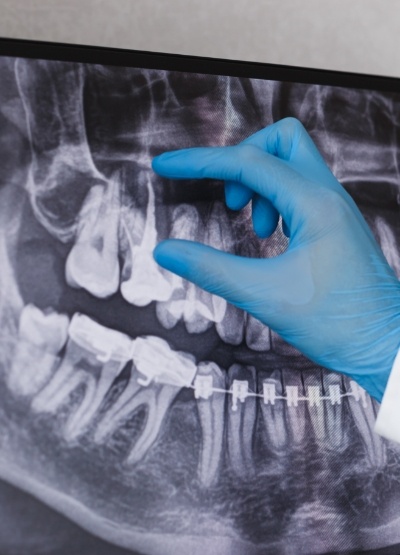
At first tooth decay only affects the enamel, but it can eventually make its way to the pulp and infect the nerve system of the tooth, causing significant pain. The damage will grow more severe over time, and the infection may even spread beyond the roots of the teeth. Root canal therapy is the process of removing infected tissue from the tooth to stop the pain and protect the tooth from further damage. Afterwards, the tooth will be filled with a biocompatible substance and covered with a crown.
Tooth Extractions
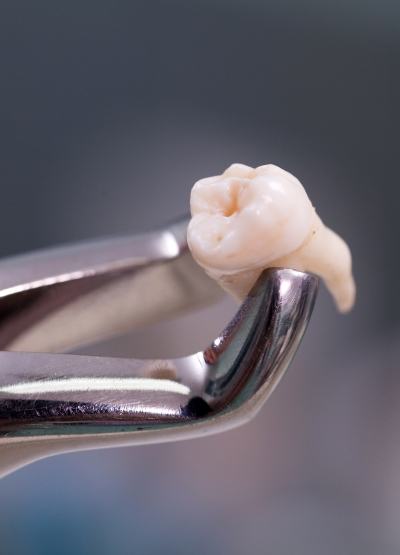
Teeth need to be removed for various reasons. Sometimes they are so badly damaged that they are beyond salvaging, sometimes they decay to the point that a root canal is no longer an option, and sometimes they have become impacted underneath the gum line. Whatever the reason, you can rest assured that a tooth extraction will only be used as a last resort. Once we’ve determined that it is the best option for protecting your oral health, we will take the necessary steps to keep you comfortable during the removal process. We will also go over what options for replacing the tooth or teeth in question are available.
Wisdom Tooth Extractions
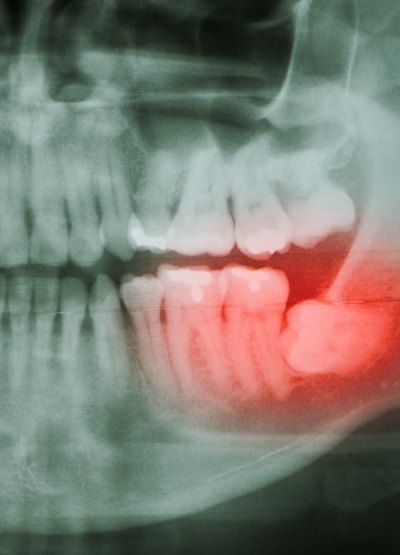
Because the wisdom teeth erupt around the late teens or early twenties, there usually isn’t enough room for them. As a result, they are often unable to emerge from beneath the gums due to the lack of space. Impacted wisdom teeth can cause chronic pain, increase the risk of tooth decay and gum disease, and may permanently damage the roots of nearby teeth. We can identify problematic wisdom teeth and remove them before they damage your oral health, and we can do so while making sure you stay comfortable throughout the process.
